PRODUCER
Missions, skills, training
Video Game Producer: missions, skills and training
The Video Game Producer, also known as the Project Manager, is a professional in the video game industry responsible for overseeing and coordinating the development teams of a video game, from initial design to game release (design, graphics, sound, programming).
The Producer ensures the quality of the production and adherence to deadlines and budgets.
What is a Video Game Producer?
Tasks
The tasks can be divided into four categories:
- Strategic management
The Video Game Producer plays an effective interface role between the game’s sponsors and the production teams. They are responsible for identifying and preventing risks that could hinder game development (risk qualification, probability of realization, positive or negative impacts, criticality).
- Project management
- Team coordination and management
As a leader and manager, they establish collaborative tools.
They manage team coordination, individual and collective motivation, skills evaluation, and consider situations of disability. They know how to resolve any conflicts that may arise and adjust skills during production, if necessary.
- Quality management
The Producer ensures that the game is developed within the expected deadlines, budget, specifications, and quality.
He analyzes test reports, prioritize and assigns the correction of malfunctions encountered to the teams in charge of the realization. He operates follow-up on corrections and implement a continuous improvement process.
What are the skills required for a Video Game Producer?
- Conduct market research, analyze the technology, industry, trends, and products of the video game market
- Conduct a market analysis by benchmarking existing game production tools and
- Participate in defining the product strategy based on user data analysis, performance indicators, and current industry trends
- Establish a production schedule
- Design the production environment for a game
- Coordinate and control all internal and external resources involved in the project
- Identify project risks by evaluating their criticality
- Drive the video game’s quality assurance process
- Supervise and animate a team in agile mode
- Support the development of team members’ skills
The qualities of a video game Producer?
- Leadership
- Communication
- Diplomacy
- Curiosity
- Open-mindedness
- Time management
- Stress management
- Conflict management
- Ability to work autonomously and in a team
The required education to become a Producer?
The Creative Strategy Managnement’s program at ISART prepares students to become managers in creative industries, particularly in the video game industry.
In two years, students discover the video game industry, its professions and its issues.
They learn to master the production chain, from the initial idea (pitch, concept) to the final commercialization (data, marketing, communication, monetization, financing) through all phases of production (concept, pre-production, production, debug…).
Employment prospects and salaries?
The job is mainly carried out within private companies that produce video games or in other sectors such as virtual reality, animation studios or software development.
Possible career advancement for a Producer?
The career can advance to positions such as:
- Executive Producer
- Production Director
- Studio Director


Tools and technologies used?
Here are some of the tools and software that can be used in the context of the missions:
Project management tools to organize and track the team’s work (project and task planning, project progress tracking, budget management, and resource management) and to establish effective collaboration between members of the video game development team.
Exemples : JIRA, Trello, Asana, MS project et Monday.com.
Video game creation software to design, develop, and test the game.
Exemples : Unity, Unreal Engine, GameMaker Studio, RPG Maker et Construct.
Collaboration tools to communicate and share information and work together effectively.
Exemples : Slack, Microsoft Teams, Discord et Skype.
Challenges and issues of the video game Producer job?
- Managing delays and unforeseen events and finding solutions to minimize their impact
- Finding a balance between the needs of different departments
- Maintaining team members’ motivation throughout the video game development cycle (which can span several years)
- Respecting budget and time constraints
The evolution of the Producer job?
The job of a video game Project Manager/Producer requires constant adaptation to:
Technological developments: virtual reality, augmented reality, and artificial intelligence. These technologies can be used to create more immersive and engaging games for players.
Different economic models: game purchase, subscription, microtransactions, free-to-play, loot boxes, which change players’ consumption habits.
Agile and flexible development methodologies such as Agile and Scrum, which allow development teams to work more efficiently and adapt more quickly to changes in the development process.



